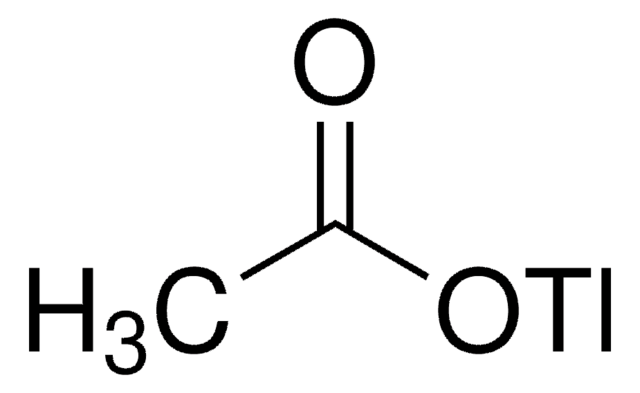MABT1331
Anti-ADAM 12 Antibody, clone 6E6
clone 6E6, from mouse
Sinónimos:
Disintegrin and metalloproteinase domain-containing protein 12, Meltrin-alpha
About This Item
Productos recomendados
biological source
mouse
antibody form
purified immunoglobulin
antibody product type
primary antibodies
clone
6E6, monoclonal
species reactivity
human
packaging
antibody small pack of 25 μg
technique(s)
flow cytometry: suitable
immunocytochemistry: suitable
immunoprecipitation (IP): suitable
western blot: suitable
isotype
IgG1κ
NCBI accession no.
UniProt accession no.
target post-translational modification
unmodified
Gene Information
human ... ADAM12(8038)
General description
Specificity
Immunogen
Application
Western Blotting Analysis: A representative lot detected ADAM 12 in Western Blotting applications.
Immunoprecipitation Analysis: A representative lot immunoprecipitated ADAM 12 in Immunoprecipitation applications.
Immunocytochemistry Analysis: A representative lot detected ADAM 12 in Immunocytochemistry applications.
Flow Cytometry Analysis: A representative lot detected ADAM 12 in Flow cytometry applications.
Apoptosis & Cancer
Quality
Immunocytochemistry Analysis: A 1:250 dilution of this antibody detected ADAM 12-DeltaCyt in MCF-7 cells.
Target description
Physical form
Storage and Stability
Other Notes
Disclaimer
¿No encuentra el producto adecuado?
Pruebe nuestro Herramienta de selección de productos.
Certificados de análisis (COA)
Busque Certificados de análisis (COA) introduciendo el número de lote del producto. Los números de lote se encuentran en la etiqueta del producto después de las palabras «Lot» o «Batch»
¿Ya tiene este producto?
Encuentre la documentación para los productos que ha comprado recientemente en la Biblioteca de documentos.
Nuestro equipo de científicos tiene experiencia en todas las áreas de investigación: Ciencias de la vida, Ciencia de los materiales, Síntesis química, Cromatografía, Analítica y muchas otras.
Póngase en contacto con el Servicio técnico